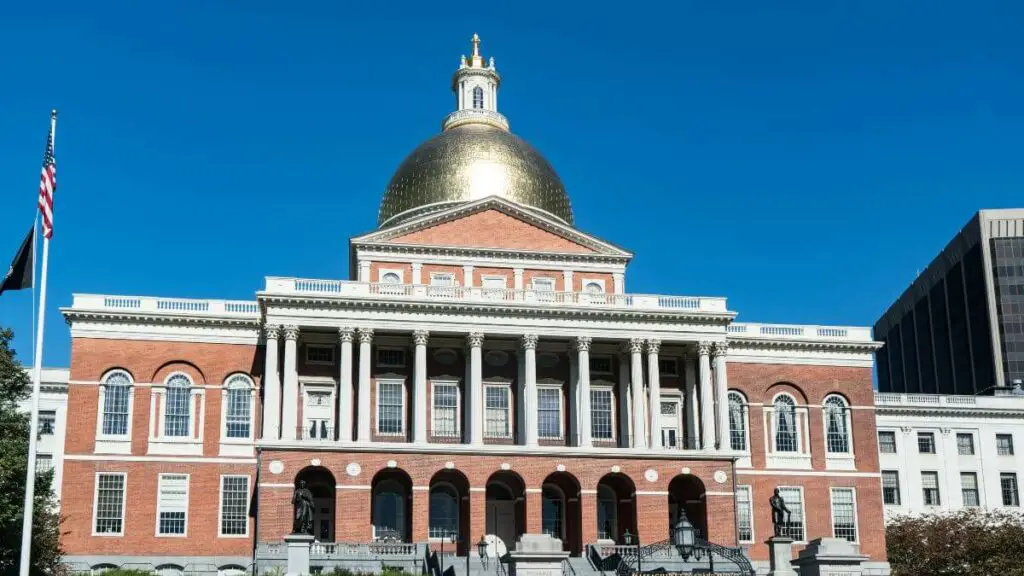State Representative Ryan Hamilton of Massachusetts, who represents Haverhill and Methuen, wants teenagers in his state to be financially literate. Inspired by the 23 states that currently have laws requiring a standalone Personal Financial Literacy (PFL) class, Hamilton hopes to add Massachusetts to the team. He notes that fewer than 6 percent of teens in his state have a standalone PFL class, with most financial literacy education being broken up among existing courses that may not provide students with a complete understanding of the subject.
In addition to requiring a new PFL class, Hamilton’s bill would create a Financial Literacy Trust Fund to provide money for the course and related professional development. This funding would be targeted toward ensuring that schools in lower-income areas can also provide quality PFL classes, helping improve economic equity. The bill relates to a similar bill calling for a study of the state’s K-12 financial literacy education programs.
Nationwide Legislative Gains From 2022-23 Should Help Bill
Fortunately, Hamilton’s bill comes on the heels of a strong legislative season in terms of financial education. The updated Nation’s Report Card on Financial Literacy shows that several states have achieved the “gold standard” of financial education over the past year, including Florida and West Virginia. Although most states are slowly phasing in these standalone PFL courses, meaning they will not be a graduation requirement for seniors for a few more years, the U.S. is close to achieving a “critical mass” of states requiring such courses. Once this critical mass is achieved, there will be strong pressure on the remaining states to update their curricula.
Even in states that don’t yet require standalone PFL courses for graduation, more individual schools and school districts are taking the initiative to add the class. If the importance of learning financial literacy on its own isn’t enough, some are saying that the PFL classes are helping translate into better math skills overall. Others call the course a necessity after the 2008 financial crisis, with more Americans wanting to understand the “nuts and bolts” of finance in budgeting in case a recession strikes again.
Massachusetts Has Strong Resources for PFL Class
The state of Massachusetts, widely known as an education leader due to its world-renowned universities, is well-positioned to add a rigorous PFL class to its high school curriculum. In recent years, the state has done an audit of its existing PFL education and found it sub-standard. Fortunately, a grant program already exists to support PFL education, including stipends for teachers to take on the new course. The private sector also has many companies and groups that support high school financial literacy education, including the M. Ellen Carpenter Financial Literacy Program. This program puts volunteers in classrooms to teach financial literacy and is sponsored by the Boston Bar Association. Another supporter of teen financial literacy is the Massachusetts Bankers Association, which encourages members to participate in various financial education nonprofits, including Jump$tart.
From the University of Massachusetts (UMass) system to Harvard to MIT, the state’s higher education sector would also be an excellent partner for high schools building new PFL courses. Hopefully, all this educational talent in close quarters will convince the state legislature to quickly push through Ryan Hamilton’s bill!


